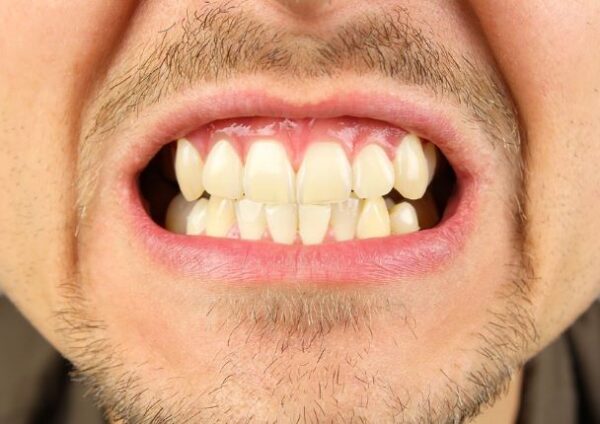Breathing Problems at Night: Does it Have to Do with Teeth Clenching?
While you might not realize it, your mouth and tongue position can affect your breathing patterns, especially at night. Your sleeping posture is also integral to having good quality sleep at night. If your body is not aligned, it could affect how you sleep and breathe at night. This New York Times article provides an in-depth look into the link between teeth clenching and breathing problems at night. But is there such a connection?
Breathing Problems at Night: Is Teeth Clenching the Cause?
Diagnosing breathing problems at night is difficult. Some experts theorize that teeth clenching can result in breathing issues while other theories suggest that most people are clenching to make it easier to breathe through their mouths.
Bruxism, or teeth clenching, is an oral para-functional activity that occurs mostly during the night or sleep. When your muscles relax to prepare for sleep, your tongue rests low in the mouth. The tongue could fall backward and obstruct the airway. As a result, many people have breathing problems at night.
However, it is not just teeth clenching that is to blame for your breathing problems at night. A research study from the American Thoracic Society theorizes that your breathing problems might be due to gum disease. If you have gum disease, it could worsen any chronic inflammation in the lungs. The inflammation could trigger asthma or COPD. As a result, breathing is difficult, and your entire body is on red alert.

How to Know If You’re Teeth Clenching at Night
Teeth clenching at night is not easy to detect. However, you can recognise it by the following symptoms:
- Tooth pain or sensitivity
- Bite injury to the cheek
- Locked jaw (or jaw pain)
- Sore facial muscles
- Morning headache
If you are sleeping with a significant other, they will most likely hear the clenching or grinding sounds. Over time, this can cause damage to your teeth. You will notice your teeth are uneven, especially if you prefer sleeping on one side. There are also visible signs of wear on your teeth.
Impact of Mouth Breathing on Dental Health
When you have breathing problems at night, the natural tendency is to breathe through the mouth. However, mouth breathing impacts your dental health in the long run. It can lead to the drying of your oral structures and lowered saliva production. Saliva plays a vital role in your mouth because it flushes away bacteria. When your mouth is too dry, it loses the protective mechanisms that saliva offers, making you more prone to tooth decay and periodontal diseases.
Snoring and mouth breathing are two of the most compelling indicators of a sleep-related breathing problem. When you have difficulty breathing, your brain sends a signal to your entire body that releases stress hormones. That can have a long-term impact on your health from the persistent lack of oxygen, fragmented sleep patterns, and excessive carbon dioxide.
If you have breathing problems at night, especially when accompanied by teeth clenching and other dental problems, it is best to consult a dental expert immediately. They could perform tests to determine what is causing your breathing problems and to avoid serious complications.
